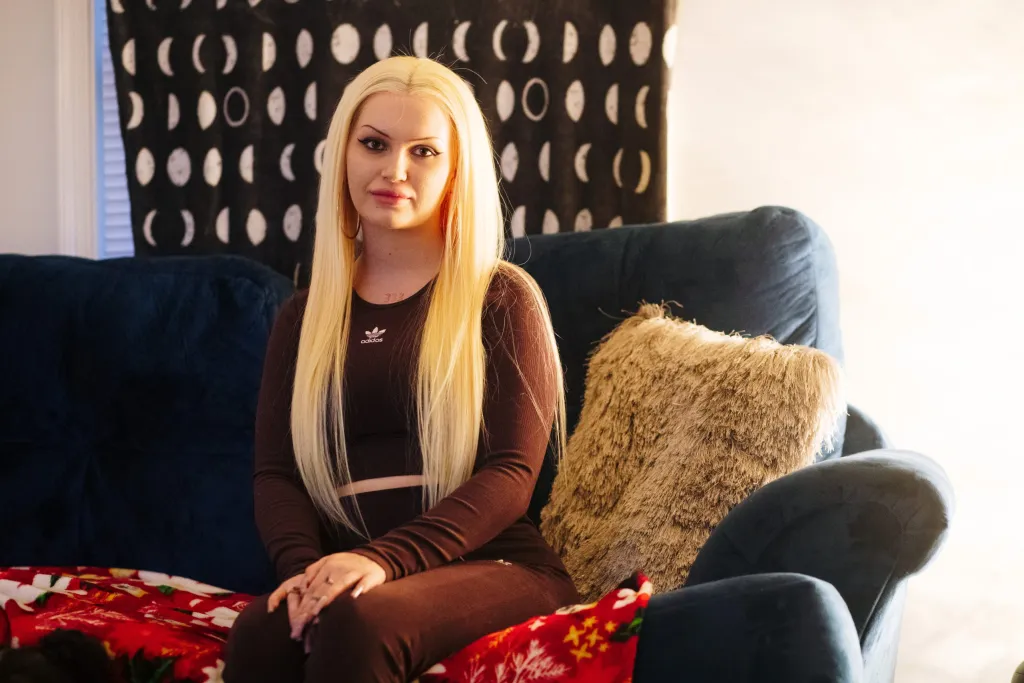‘They’re all damaged.’ Despite progress, West Virginia is still failing to get foster kids the mental health help they need

Mountain State Spotlight by A decade after a federal investigation found West Virginia unnecessarily institutionalizes foster kids, our investigation has found the state’s most vulnerable kids are still being left behind.
By the time Sadie Kendall turned 18 and aged out of West Virginia’s foster care system, she had lived in more than two dozen places. There was her mother’s house in Mineral County, where she lived until the state took her away after discovering her mom’s substance abuse. There were foster homes, and a revolving door of parents who ultimately couldn’t or didn’t want to keep her. There was shelter after shelter, short-term spots where Sadie waited for something better.
And there were the treatment centers, a series of in-patient hospitals the state started sending her to when she was only eight. The first one — Southwood in Pittsburgh — is fuzzy in her memory. She knows there were other kids, some of whom were scary to her. She remembers being restrained, and nurses giving her shots in the butt. And she can still taste the psychiatric medications. She was too young to swallow pills, so nurses fed them to her crushed up in peanut butter. They made her sleep all day.
“I was sedated most of the time, pretty much,” Sadie, now 27, recalled.
It didn’t help. There were outbursts, tantrums and repeated attempts to run away. Sadie missed her mom and was confused about why they weren’t all together. Time and time again, West Virginia sent her to short-term homes where she struggled to get adequate mental health care and form permanent relationships.
“I think I just had a lot of trauma in my life, and I just needed somebody to care for me how you’re supposed to care for a child,” she said.
Read more from Mountain State Spotlight.




